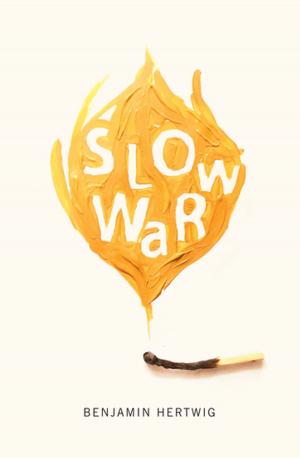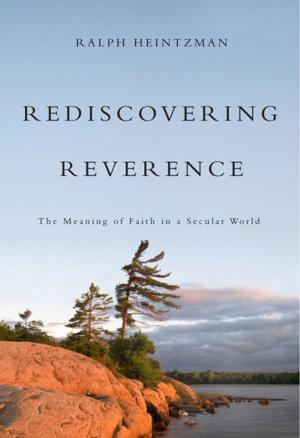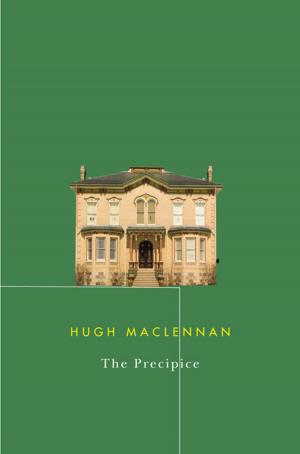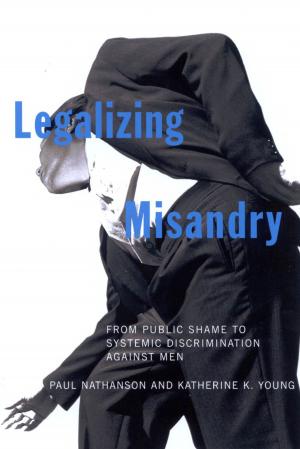| Author: | Raffaele Milani | ISBN: | 9780773552364 |
| Publisher: | MQUP | Publication: | December 12, 2017 |
| Imprint: | MQUP | Language: | English |
| Author: | Raffaele Milani |
| ISBN: | 9780773552364 |
| Publisher: | MQUP |
| Publication: | December 12, 2017 |
| Imprint: | MQUP |
| Language: | English |
In The Art of the City Raffaele Milani reflects on the ways in which inhabitants of the cityscape have interacted on a spiritual, psychological, and philosophical level with the architecture that surrounds them. Working with the premise that the city has a “soul,” which is externalized in the physical structures of its urban space, Milani expresses alarm in the face of sprawling megacities that typify the postmodern age and endanger the survival of cities’ distinctiveness. While he laments that the nature surrounding cities is disappearing under concrete, his concern is counterbalanced by the realization that there are ongoing projects of urban reclamation, renewal, and reutilization aimed at preserving an ancient, almost mystical rapport between the citizen and the lived space. Milani illustrates his argument by citing the works of modern architects including Emilio Ambasz, Massimiliano Fuksas, Frank Gehry, Rem Koolhaas, Kisho Kurokawa, Daniel Libeskind, and Renzo Piano. Rather than a history of architecture, The Art of the City is a compelling and timely reflection on the important challenge of insuring the continued liveability and aesthetic valorization of public spaces.
In The Art of the City Raffaele Milani reflects on the ways in which inhabitants of the cityscape have interacted on a spiritual, psychological, and philosophical level with the architecture that surrounds them. Working with the premise that the city has a “soul,” which is externalized in the physical structures of its urban space, Milani expresses alarm in the face of sprawling megacities that typify the postmodern age and endanger the survival of cities’ distinctiveness. While he laments that the nature surrounding cities is disappearing under concrete, his concern is counterbalanced by the realization that there are ongoing projects of urban reclamation, renewal, and reutilization aimed at preserving an ancient, almost mystical rapport between the citizen and the lived space. Milani illustrates his argument by citing the works of modern architects including Emilio Ambasz, Massimiliano Fuksas, Frank Gehry, Rem Koolhaas, Kisho Kurokawa, Daniel Libeskind, and Renzo Piano. Rather than a history of architecture, The Art of the City is a compelling and timely reflection on the important challenge of insuring the continued liveability and aesthetic valorization of public spaces.















